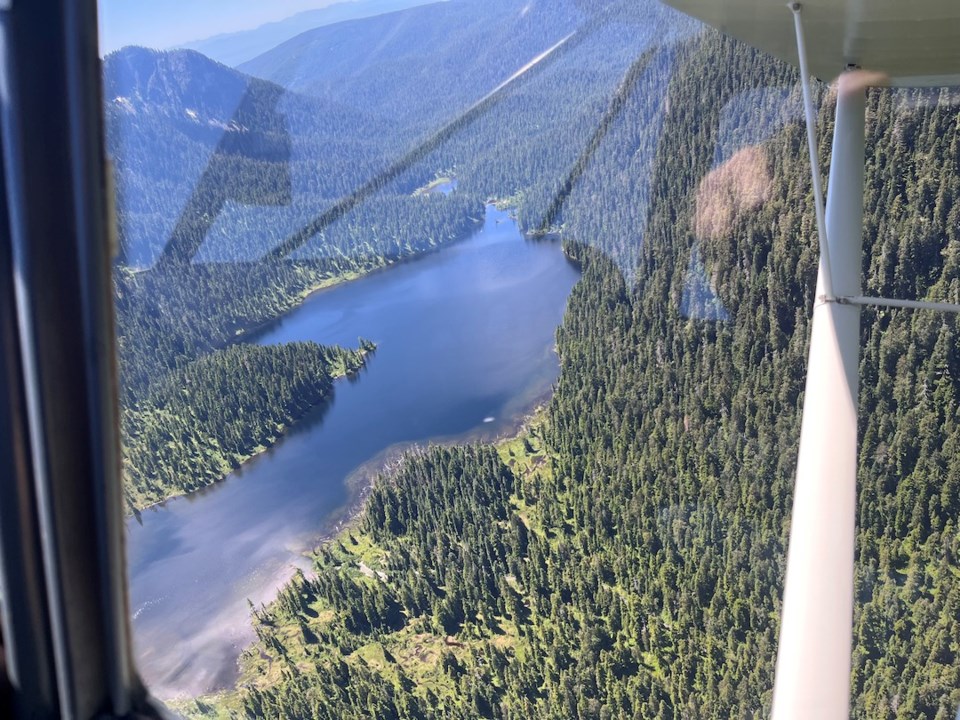As B.C. braces for drought and the province urges residents to conserve with higher than usual temperatures forecast for the second half of summer, Sunshine Coast Regional District (SCRD) directors heard their last scheduled local water update before September, on July 10.
So, how’s the Coast doing?
Last week’s 35mm of rain at Chapman Lake temporarily buoyed water levels to keep it spilling over the dam, but impending warm temperatures and lack of rain still pushed the Chapman system –– as well as Eastbourne and South Pender Harbour –– to Stage 2 restrictions. In anticipation of Stage 2, and repairs at the Chaster well, the Church Road Well Field is on-line.
General manager of infrastructure services Remko Rosenboom urged residents to do what they can to improve water efficiency in their homes. “It's a time of year where every action taken can make a difference,” he said.
Upon the last snow survey in early June, the Chapman watershed had more snow than last year, but less snow than in 2022 and 2023, said Rosenboom. In 2022 and 2023, the system went to Stage 4, but did not last year, highlighting how deeply summer weather affects the system.
The timing of Stage 2 for Chapman was normal this year, indicated Rosenboom.
South Pender is seeing more demand than last year (the issue at South Pender is staying within its water licence), and Eastbourne is seeing more demand with more visitors to Keats Island since the start of the month, shared Rosenboom.
In South Pender Harbour, the SCRD is looking at leaks, and is currently trying to resolve a leak losing 33,000 litres per day, which will make a big difference, said Rosemboom. While next year, staff are set to look at whether they should be requesting a water licence increase, less water treated means lower costs, so volumetric billing and leak resolution is the preferred approach, Rosenboom said.
Asked how the water situation is different than in 2022, the year of the infamous water emergency, Rosenboom named two major differences: the Church Road Well Field is now online, and the SCRD is now “way more proactive” with leaks. Water meter installations are showing more leaks and a lot more identifications are expected when the Sechelt water meters are activated.
Other tidbits
Leaks and meters: 90 per cent of the Sechelt water meters are installed, with the more complex meter installations under way. Last week, a 65,000L/day leak was resolved –– the leak’s consumption was compared to the daily use of 130 homes.
Siphon discussions are ongoing with shíshálh Nation and the province, said Rosenboom. The siphons’ licence expires this year.
As previously reported, environmental flow needs reduction is not coming this year, but now the aim is for a 2026-2027 pilot program period for the reductions.
Asked about possibly helping elderly, vulnerable people who may not have the capacity to resolve leaks on their properties, Rosenboom stated that the SCRD ultimately cannot operate on private properties. “We’ve explored that question at the staff level in different ways, and we can't. It's ultimately a liability issue. We cannot operate on private properties, and it's the responsibility of the homeowner.”



